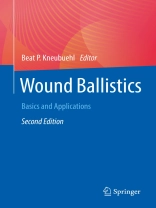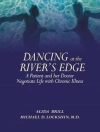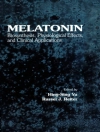The definitive interdisciplinary reference work for wound ballistics
Basics
The book begins by providing the necessary basic knowledge about physics, ballistics and ammunition and weapons. Then it describes the behaviour of projectiles in humans and animals ( the physics of gunshot injuries ) and introduces the experimental simulation of gunshot wounds , including the materials suitable for this purpose.
Applications
These basic principles can be applied in forensic medicine and criminalistics . The gunshot wound provides some forensic traces and the experimental reconstruction helps to understand the dynamic crime process. The wounding potential of non-lethal weapons can be determined.
In emergency and war surgery , injuries caused by small arms bullets and fragments as well as by gas jets (of gas weapons) can be assessed.
International conventions could be freed from undefined terms (such as “unnecessary suffering”) with the help of physical quantities.
Reference work
Detailed tables as e. g. ballistic data of numerous cartridge types, also older ones, material properties, as well as many otherwise difficult to access data and a trilingual glossary of ballistic and technical terms in the languages German, English and French.
NEW
Wound Ballistics of European Police ammunition
References to recent research results
Partly coloured illustrations
Due to the increase in terrorist and criminal activities worldwide, it is not only members of the armed forces who are affected. Surgeons, forensic doctors, police officers and criminalists also need to know and be able to assess the specifics of gunshot wounds.
Tabla de materias
Introduction.- Basics.- General wound ballistics.- Wound ballistics of bullets and fragments.- Wound ballistics and forensic medicine.- Wound ballistics and surgery.- Wound ballistics and international agreements.- Appendies. Tables.- Glossary.- Bibliography.- Index.
Sobre el autor
Beat P. Kneubuehl Dr. sc. forens., MD h. c., M.Sc. in Mathematics Director bpk consultancy gmbh CH Thun












